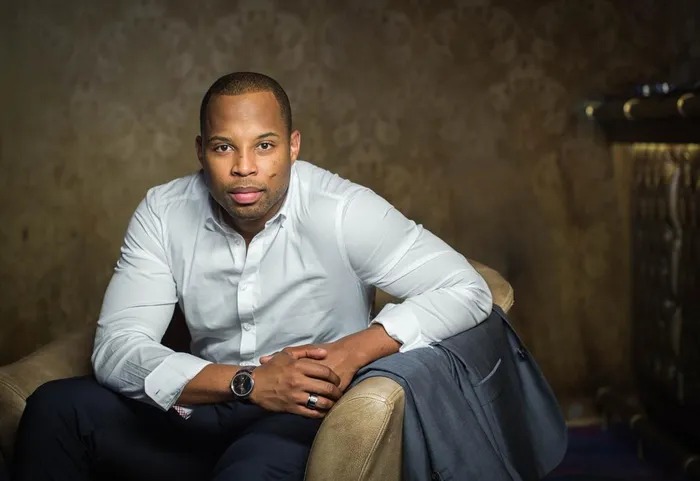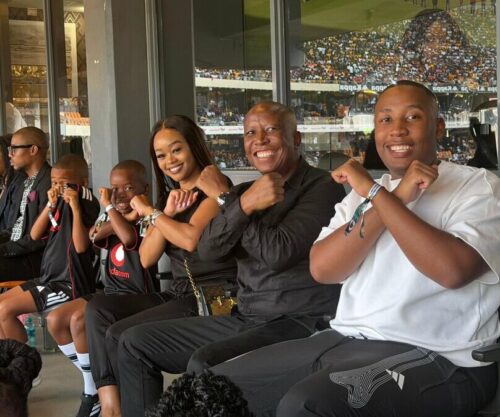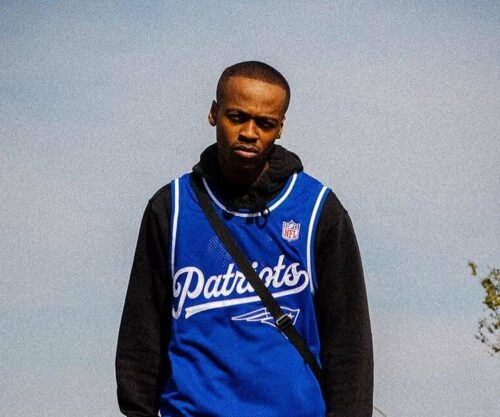
When a nickname sparks more than a chuckle
Suddenly, the internet was buzzing when Vusimuzi “Cat” Matlala took to the stand before a parliamentary committee and offered a straight-faced explanation for why he is called “Cat”. The answer was eyebrow-raising enough to turn heads and prompt a reaction from broadcaster Sizwe Dhlomo—and all of South Africa seemed to pause and wonder what it really meant.
Matlala revealed that the moniker does not reference nine lives or street swagger. It comes from what he says are his nine children. In his words, he has “nine lives” because he has “nine children.”
That simple reveal unleashed a wave of disbelief, mockery, and serious questions across social media. As the clip of the hearing spread, people weighed in. Some found the logic bizarre but amusing. Others found it tone-deaf, given Matlala’s ongoing court drama involving serious charges.
Amid that chaos, Sizwe Dhlomo entered the conversation. Known for his sharp take on current affairs, he did not hold back. His reaction added weight to a debate that was already heated—and forced a wider look at the man behind the nickname and at what reputation, image, and accountability mean in 2025 South Africa.
“I'm married I've got nine children with my wife, I support all of my children and that's it” Vusimuzi Cat Matlala
“On a lighter note your nickname cat, is that because you got nine children or nine lives” Ad Hoc Committee SC Norman Arendse
“9 Children” Cat Matlala pic.twitter.com/t2jGZU0Qqk
— News Live SA (@newslivesa) November 26, 2025
— Sizwe Dhlomo (@SizweDhlomo) November 26, 2025
It’s more than a nickname
For many, the moment felt surreal. This is not light entertainment gossip. Matlala is a public figure with a cloud of serious allegations hanging over him. The nickname explanation came while he was appearing before an ad hoc parliamentary committee—not in a comedy skit. That setting turned the reveal from a throwaway line into a strange moment of theatre.
In a country where criminal allegations and political intrigue often mix with public perception, Matlala’s explanation felt flippant. Critics on social media argued that offering such a casual rationale for a nickname during a solemn hearing shows a disconnect—or worse, a disregard for gravity. Supporters argued nobody asked for a fairy-tale backstory for a nickname in the first place. Either way, the reaction spoke to how symbolic even small details can become in larger narratives of trust, power, and accountability.
His kids watching him like pic.twitter.com/zKL8CWs9RI
— Jabstar Dingswayo (@Jabstar_86) November 26, 2025
What this tells us about reputation in South Africa
In recent months, South Africans have watched multiple high-profile figures face courts, inquiries, and public scrutiny. In that climate, even a nickname—meaningless in itself—becomes a lens through which people judge character, integrity, and trust.
Matlala’s explanation and Dhlomo’s outspoken reaction show how little room there is for casual detachment in today’s public life. For many, the takeaway is clear: in 2025, you cannot hide behind a quirky nickname and expect the world to treat you like you’re just a harmless story.
Whether people laugh, cringe, or shake their heads, the consensus online seems to be that this moment revealed something bigger than a name. It exposed how quickly a nickname can turn into a symbol—and how the story behind it can shape public trust.
As we wait to see what unfolds next in Matlala’s legal saga, people will likely remember this moment. Not because of the courtroom procedure. But it was a rare case where a simple personal detail—a nickname—became a spark for a bigger conversation about identity in South Africa’s public sphere.
Source: Briefly News
Featured Image: Daily News




